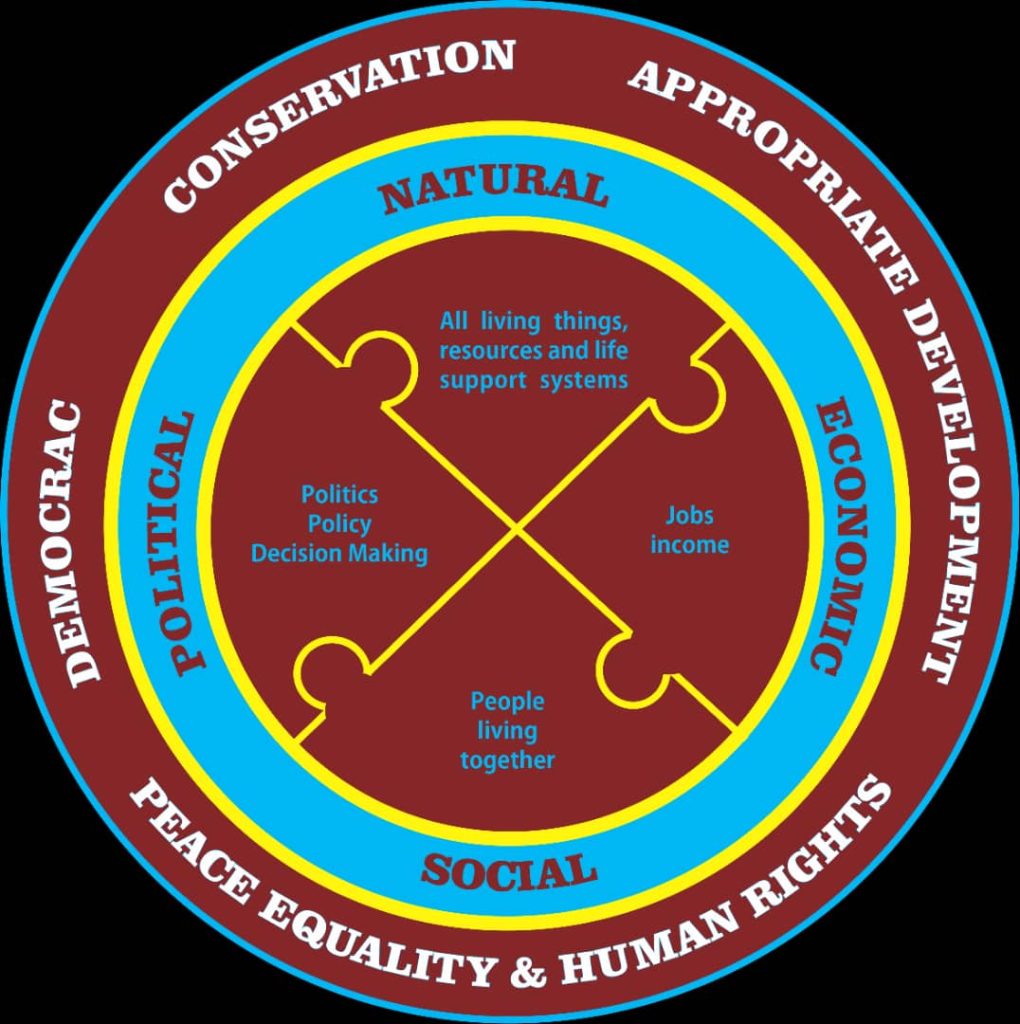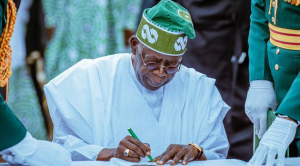Understanding Public Leadership

In today’s rapidly changing world, public leadership plays a critical role in shaping the future of our societies. As a result, it is imperative to make public leadership a public responsibility. This means that the onus is not solely on the elected officials, but also on the citizens to actively engage and participate in the political process.
By embracing public leadership as a collective responsibility, we can create a more inclusive and transparent democracy. Citizens need to be proactive in holding their leaders accountable and voicing their concerns. This can be achieved through various means such as attending public meetings, participating in community initiatives, and actively voting in elections.
Furthermore, making public leadership a public responsibility also enhances the decision-making process. When citizens are actively involved and have a stake in the outcomes, policies are more likely to be reflective of their needs and aspirations.
The Importance of Public Leadership
Public leadership is crucial for the progress and development of any society. It refers to the individuals who hold positions of power and influence in government and other public institutions, responsible for making decisions that impact the lives of citizens. These leaders are entrusted with the task of addressing societal issues, making policies, and driving positive change. Without effective public leadership, societies can stagnate, and the needs of the people can remain unmet.
What is Public Leadership?
Public leadership encompasses a wide range of roles and responsibilities. It includes elected officials such as presidents, prime ministers, mayors, and councilors, as well as appointed officials in government agencies, non-profit organizations, and community groups. These leaders are tasked with the responsibility of representing the interests of the public, making decisions that are in the best interest of the community, and ensuring the effective functioning of public institutions.
The Role of Public Leaders in Society
Public leaders have a vital role to play in society. They are responsible for setting the vision and direction for their communities, making policies that address the challenges and opportunities faced by the people, and ensuring the efficient delivery of public services. Additionally, public leaders are expected to provide guidance, inspire confidence, and foster collaboration among different stakeholders to achieve common goals.
The Qualities of Effective Public Leaders
Effective public leaders possess certain qualities that enable them to lead with integrity, empathy, and vision. They are excellent communicators, able to articulate their ideas and connect with people from diverse backgrounds. They are also skilled decision-makers, capable of analyzing complex problems and making informed choices. Furthermore, effective public leaders are transparent, accountable, and committed to serving the public interest above personal gain.
Challenges Faced by Public Leaders
Public leaders face numerous challenges in their roles. They operate in a highly scrutinized environment, where their every action is subject to criticism and evaluation. They must navigate complex political landscapes, manage conflicting interests, and make tough decisions that may not always be popular. Moreover, public leaders often face resistance from entrenched systems and bureaucratic hurdles that hinder their ability to bring about meaningful change.
The Impact of Public Leadership on Communities
Public leadership has a profound impact on communities. Effective leaders have the power to shape policies that address social, economic, and environmental issues, improving the quality of life for individuals and fostering a sense of collective well-being. They can mobilize resources, build partnerships, and create opportunities for growth and development. Additionally, public leaders have the ability to inspire and empower citizens, encouraging active participation and fostering a sense of ownership in the community.
Developing Public Leadership Skills
Public leadership skills can be developed and honed through various means. Formal education, such as studying political science, public administration, or leadership programs, can provide a strong foundation for aspiring leaders. However, practical experience and exposure to real-world challenges are equally important. Engaging in community work, volunteering, and participating in leadership development programs can help individuals develop the necessary skills, such as effective communication, strategic thinking, and collaboration.
The Role of Citizens in Holding Public Leaders Accountable
While public leaders have a responsibility to serve the public interest, citizens also have a crucial role to play in holding them accountable. It is the duty of citizens to stay informed, voice their concerns, and actively engage in the political process. Attending public meetings, participating in community initiatives, and expressing opinions through various channels can ensure that public leaders are aware of the needs and aspirations of the people they represent. Additionally, citizens have the power to vote in elections, choosing leaders who align with their values and priorities.
Examples of Successful Public Leadership Initiatives
There have been numerous successful public leadership initiatives around the world that have brought about positive change in communities. One such example is the participatory budgeting process implemented in Porto Alegre, Brazil. This initiative allowed citizens to directly participate in budget decisions, allocating resources to projects that they deemed important. The result was increased transparency, citizen engagement, and improved governance. Another example is the “Bogota’s Ciclovia” program in Colombia, where major roads are closed to motorized vehicles on Sundays, allowing citizens to reclaim the streets and engage in physical activities. This initiative not only promotes health and well-being,but also fosters a sense of community and social cohesion.
Conclusion: Making Public Leadership a Collective Responsibility
Public leadership is not solely the responsibility of elected officials; it is a collective responsibility that requires active participation from citizens. By recognizing the importance of our role as active participants in shaping our society, we can create a more inclusive, transparent, and responsive governance structure. It is crucial for citizens to hold their leaders accountable, actively engage in the political process, and contribute to community initiatives. By doing so, we can ensure that public leadership reflects the needs and aspirations of the people and leads to positive change. Let us embrace public leadership as a shared responsibility and work towards a better future for all.






